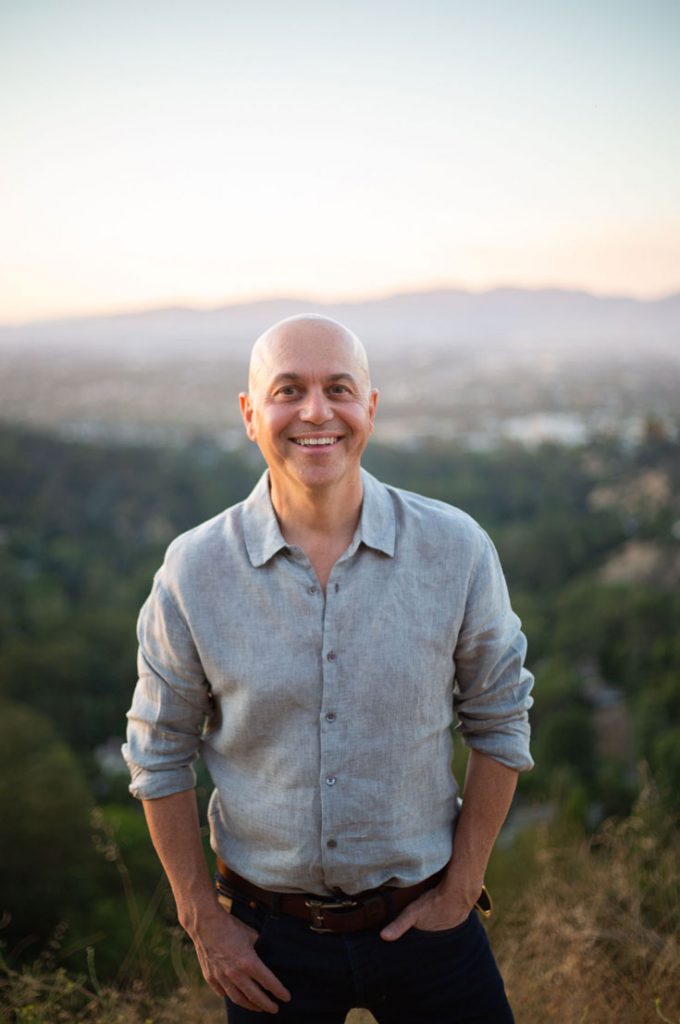Our story asks everything of us. If it didn’t, we would never surrender. How often do we live our lives as though we were not going to die? We make choices and even avoid opportunities out of fear. We tell ourselves that we can do it tomorrow. Confronting death is probably not something that appeals to us. In fact, it probably scares the hell out of us.
Do you see where this is going?
In the world of our story, our protagonist is going to die. Not in the physical sense perhaps, but in a sense that is just as real. Our protagonist is going to experience a death of their old identity. They are going to die to all of their old ideas as they approach that place where they recognizes that what they had wanted, what they had been questing for, in fact what they had pinned their identity to, is impossible to achieve.
If we simply get what we want without surrendering the underlying meaning we attach to it, we will forever be in bondage to that desire. Surrender is an essential aspect of human development, i.e., the protagonist’s journey. Without it, there can be no transformation.
Have you ever had the experience of believing that if you did not get or achieve something, then your life would unimaginable? And then . . . you didn’t get it?! We’ve stared into the yawning void only to confront the horrible reality that what we had attached so much meaning to was beyond our reach. We got the requisite chills up our spine. Then a week, or a month, or twenty years later looked back and thought . . . that wasn’t such a big deal. We may even have discovered that it was necessary to have lost it in order to have been led to something far more substantial, something that truly belongs in our life.
For some reason this knowledge does not mean we can hop over this step as writers and write about the protagonist’s loss from a detached objective place. Not if we are going to write our story with real specificity. Simply understanding doesn’t seem to be worth much. It seems that we are required to experience through our imagination the loss of this old identity. The writer must invest some part of themselves, must have some skin in the game, if there is to be any kind of meaningful specificity in the transformation.
Because, let’s face it, we are always writing our own story. The desire to write is connected to the desire to evolve. In this death, not only our protagonist, but we ourselves are transformed.
Is it possible to surrender, to have the experience fully, without making a big deal out of it? I once heard someone say, “It doesn’t get easier, it only gets more possible.”
In rebirth anything is possible, but first our protagonist must die to all they thought they knew. It is only through surrender that we find the road home.
Learn more about marrying the wildness of your imagination to the rigor of structure in The 90-Day Novel, The 90-Day Memoir, or The 90-Day Screenplay workshops.







